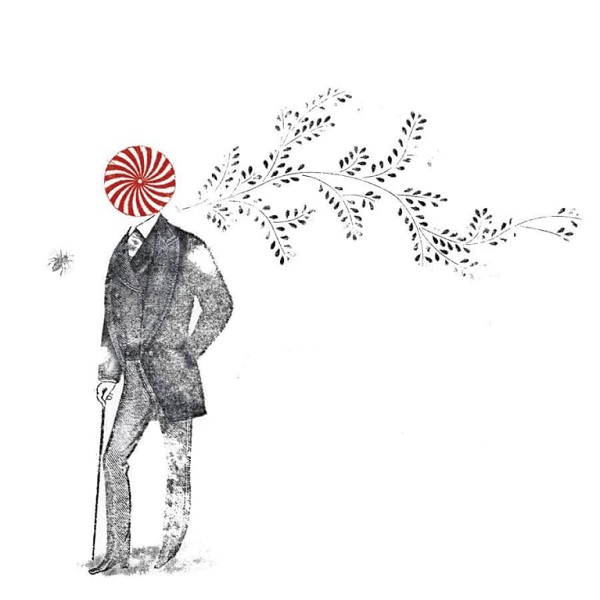FWP:
SETS == HUMOR;
OPPOSITES
MADNESS: {14,3}
The speaker's acquaintance with Asad is not all that great-- it's based on 'seeing' him rather than on any close knowledge or real intimacy with him. But still, it's enough for the purpose. The speaker has seen him repeatedly in both private and public situations. He has enough information to be ready to report his conclusions.
In the second line, the speaker seems to be making a concession, he seems to be accepting what some unseen companion has just said. What might that have been? According to Nazm, that Asad is not mad; according to Bekhud Dihlavi, that Asad is mad. With his usual wit and cleverness, Ghalib has framed the speaker's reply to work perfectly in response to either statement. On Nazm's reading: 'You say he's not mad? Well, maybe not, but he's not sane either.' On Bekhud Dihlavi's reading: 'You say he's mad? Well, I may not quite agree that he's mad, but certainly he's not exactly sane.'
So what does the speaker conclude? That Asad is betwixt and between; the only thing that can confidently be said about him is that neither condition, madness or sanity, adequately describes him. How evocatively the double opposites work-- private and public (the rhyming pair ;xalvat -o-jalvat ), mad and sane. They give an air of assumed rationality to what is really a clueless performance. The speaker pontificates, but gets nowhere.
As in {20,11}, the speaker seems just not to get it. How could he? He's dealing with a lover. Lovers are never really alone (because the beloved is always in some sense with them), nor are they ever genuinely in society (because they are oblivious to the mere 'people of the world'). Lovers are neither fish nor fowl, neither alive nor dead (see {219,8}), neither mad nor sane. But they can, and do, have the last laugh at the silly and pompous people who try to judge them.
Compare Mir's more respectful and sympathic sanity-observer: M{1325,10}.

Nazm:
The occasion for this speech is as if the addressee is not convinced of his being mad; this speaker refutes that idea. (121)
== Nazm page 121